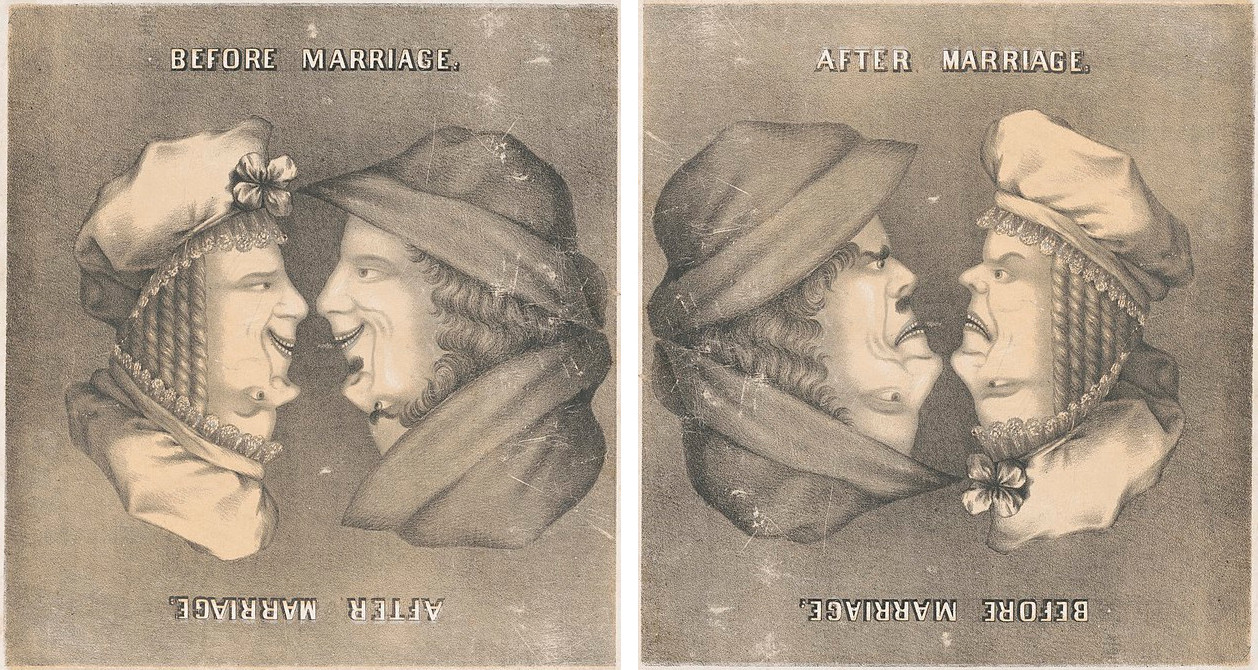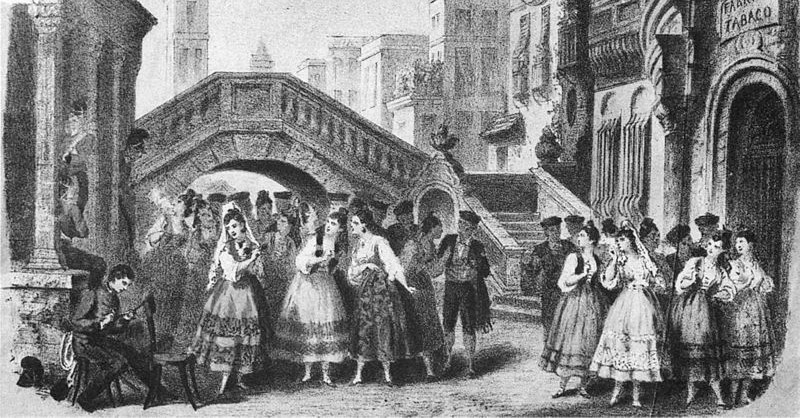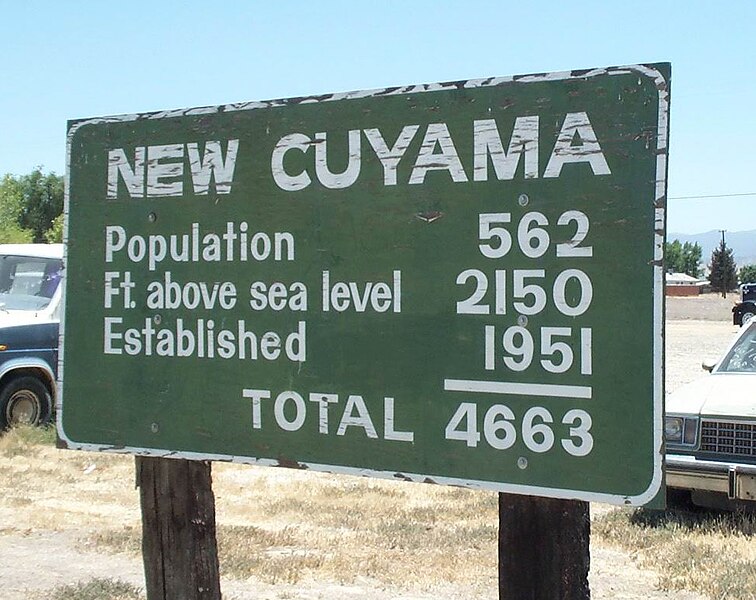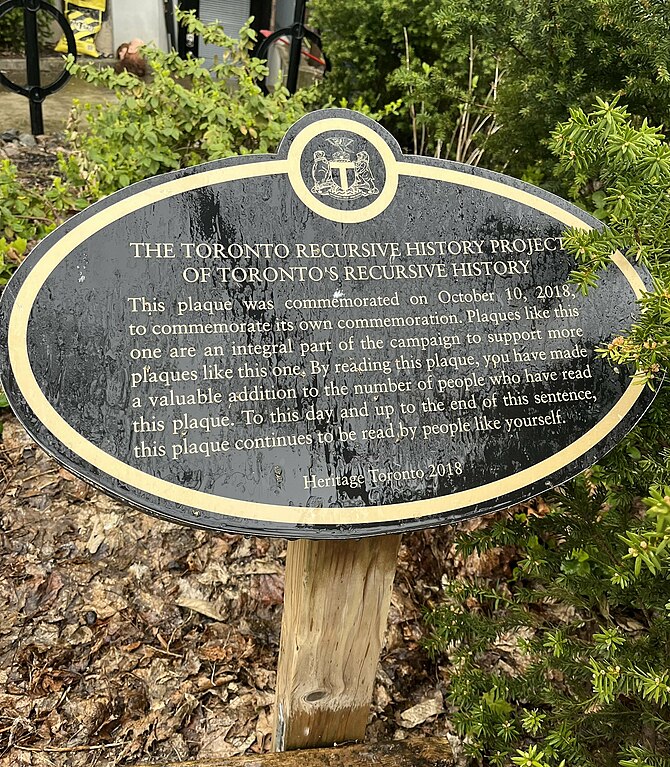Who’s Who invites its contributors to list their recreations. Some responses are unusual:
Charles Causley: “Playing the piano with expression.”
John Faulkner: “Intricacies and wildernesses.”
John Fowles: “Mainly Sabine.”
Bevis Hillier: “Awarding marks out of ten for suburban front gardens.”
James Kirkup: “Standing in shafts of sunlight.” (In old age he changed this to “Standing in shafts of moonlight.”)
Edward Lucie-Smith: “Walking the dog; malice.”
Frederic Raphael: “Painting things white.”
Constant Hendrick de Waal: “Remaining (so far as possible) unaware of current events.”
Keith Waterhouse: “Lunch.”
Roy Worskett: “Looking and listening in disbelief.”
In 1897 George Bernard Shaw listed his recreations as “cycling and showing off.” In 1980 Sir Harold Hobson listed “Bridge; recollecting in regretful tranquillity the magical things and people I may never see again — the Grand Véfour, Lasserre, Beaumanière; Proust’s Grand Hotel at Balbec (Cabourg); Sunday afternoon teas at the Ritz; the theatrical bookshop in St Germain-des-Prés; the Prado; Edwige Feuillère, Madeleine Renauld, Jean-Louis Barrault, François Perier; collecting from ephemera of the Belle Epoque the cartoons of Steinlen; and always and inexhaustibly talking to my wife.”
(Via John Julius Norwich, More Christmas Crackers, 1990.)
02/05/2025 UPDATE: John Cleese lists his as “gluttony and sloth.” (Thanks, Bryan.)




